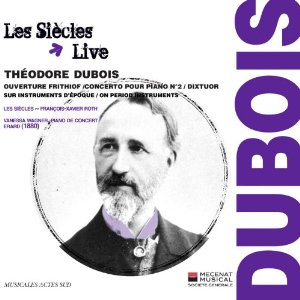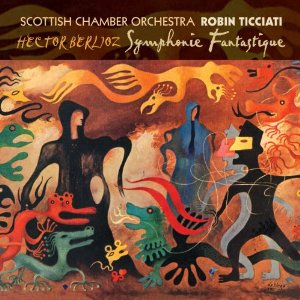After the all-singing, all-dancing, all-helicoptering brilliance of Stockhausen Mittwoch aus Licht, the dry routine of an opera in concert didn't seem a very enticing prospect. That's the problem with this year's Cultural Olympiad. We're becoming very spoilt by it. What should have been a mouth-watering prospect - a fantastic cast performing a great opera - suddenly began to feel run-of-the-mill when compared to the once-in-a-lifetime event that was Mittwoch. But my concerns were short-lived.



Sir Peter Maxwell Davies’ Ninth Symphony, completed in 2012 and heard in London for the first time in this concert, is dedicated to the Queen on her Diamond Jubilee. Those are not words to strike eager anticipation into my heart , though I’m happy to say that being Master of the Queen’s Music doesn’t appear to have dulled the composer’s powers in the way the equivalent title seems to nobble poets. Indeed, the dedication is merely that, and the work is no winsome tribute.

Singing camels, paddling trombonists, airborne string quartets and a libretto so barmy it makes David Icke sound like Richard Dawkins. Birmingham, welcome to the world of Karlheinz Stockhausen. The German composer devoted 25 years of his life composing his giant, seven-day, operatic cycle Licht. We in Britain have only ever had the chance to see one segment when in 1984 Donnerstag aus Licht was premiered at the Royal Opera House. The rest have slowly reached the light of day. Mittwoch aus Licht finally received its world premiere last night.

It is a rare treat for Londoners to have the CBSO with Andris Nelsons in town, and the Albert Hall was, if not fully sold out, then certainly well stocked. It would be fair to assume that the main draw was Shostakovich’s giant and much-debated Leningrad symphony after the interval; but first up was Glinka’s Ruslan and Lyudmila overture and the UK premiere of Emily Howard’s Calculus of the Nervous System.



One chocolate bar, OK. But eating three in a row? Is that altogether wise? Some may feel the same about a concert containing three symphonies by Vaughan Williams: a third of his output in the form. Even the most committed lover of this visionary and still under-appreciated British composer might worry a little at the prospect, as we might at a heavy night of Beethoven or Brahms. Each symphony, to be sure, is coloured with different forms and emotions. But similar harmonies, intervals and rhythmic figurations still recur. "Variety is the spice of life" isn’t a popular saying for nothing.

It may be the power of suggestion, but there was distinctly laid-back vibe at the packed Royal Albert Hall last night. Clapping between movements (and this was an audience never knowingly under-clapped) wasn’t greeted by the any of the usual hisses, and when a latecomer clattered down the entire length of stalls steps before the Largo of Dvořák’s Symphony No 9 she drew only the most indulgent of laughter. The Brazilians had arrived, bringing with them a warmth that extended well beyond the stage.

Shamefully, the Albert Hall was just over half full for this impeccably programmed celebration of that most "youth" of ensemble types, the Wind Orchestra and Brass Band. The air of a glorified school concert was blessedly absent throughout (except for the slightly patronising between-movement applause), which meant that both of these tack-sharp outfits could present their selections seamlessly and without fear of the usual "but they're so young!" silliness in an exclusively British programme.

On the one hand, having a massed brass and percussion section (I counted 16 timpani) in front of three massed choirs lent this evening an air of fantastic anticipation. Boom and crash and honk: that’s what we wanted. On the other hand, it was immediately a measure against which anything less than deafening volume would be harshly judged. All reminders of the potential clout were constantly there, embodied by bored-looking trombonists counting their hundred bars’ rest. The key here is to make those quiet moments magical – and that didn’t quite happen this evening.

